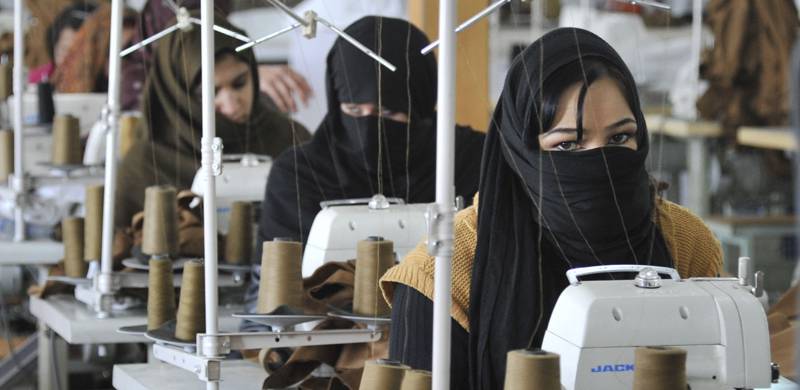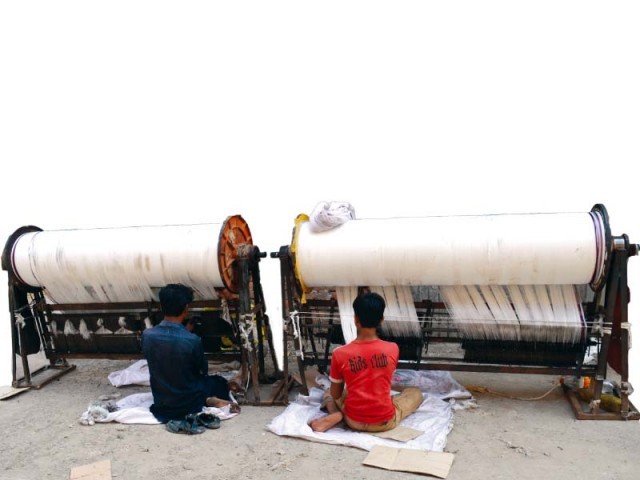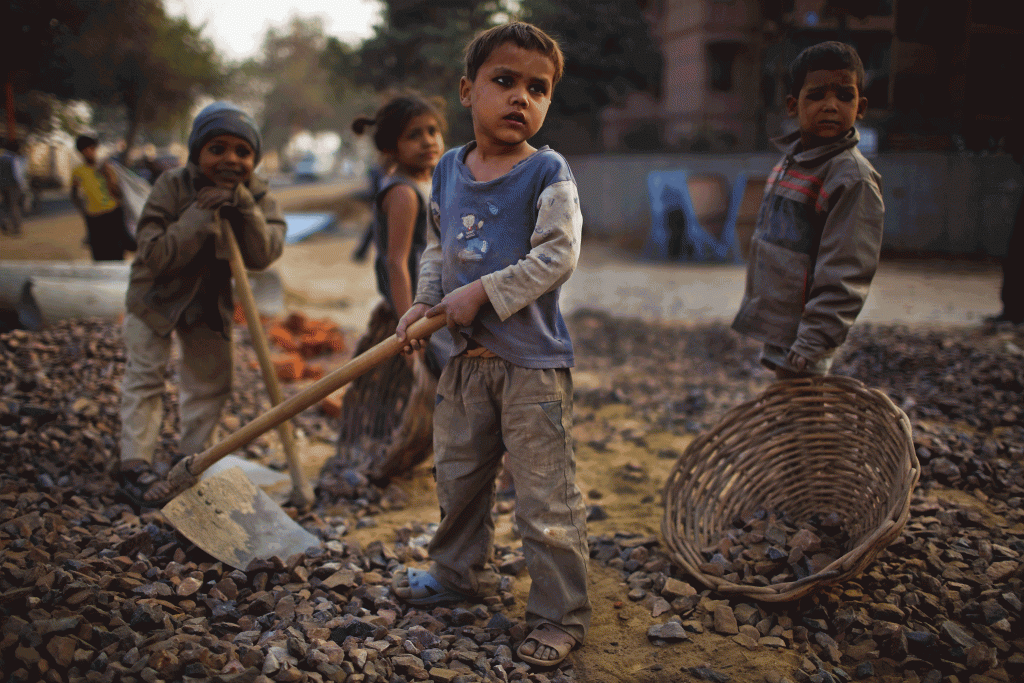
‘Abused workers in Pakistan’s garment industry remain invisible, and their plight is absent from the political agenda,’ a Human Rights Watch report titled ‘No Room to Bargain: Unfair and Abusive Labor Practices in Pakistan’ revealed.
According to a HRW press release, the report will be released at Lahore University of Management Sciences (LUMS) today (Wednesday) at 6pm.
According to a HRW press release, the report will be released at Lahore University of Management Sciences (LUMS) today (Wednesday) at 6pm.
Researchers interviewed 118 workers in Lahore, Hafizabad and Karachi garment factories and quizzed them over the problems faced by them. Additionally, 25 factories, union leaders, government representatives, and labor rights advocates were also interviewed.
Read complete: Human Rights Watch Pakistan Garment Workers Report
Some of the main findings of the report were as follows:
Complete lack of accountability for poor working conditions
The report found that majority of production in the labor industry takes place in small, often unregistered factories and the degree of rights violations is also greater in these small factories.
Poor working conditions cause fatal diseases among workers
However, rights violations in larger factories were studied too and experts said these are systemic industry wide problems.
Irregular Hiring practice/ Absence of written contracts
The use of verbal contracts is alarmingly widespread throughout the garment industry. Not having an employment contract makes it very difficult for workers to demand employment benefits or to enforce the terms of employment.
Read full: Human Rights Watch Pakistan Garment Workers
It is also common practice to hire workers on a “piece-rate” based on a production quota.
Forced Overtime
Factories routinely compel the workers to work beyond the legally permissible nine hours and in many cases without extra pay.
The absence of a written contract and a formal appointment letter makes workers vulnerable to retaliation for refusing to work overtime.
Denying Wages, Social Security and Pension benefits
The report also found that lack of employment contracts and registration means that factories routinely deny social security and pension benefits to workers.
Source: Newsline Magazine
In some cases, the social security and pension amounts are deducted from salaries and never deposited resulting in illegal enrichment of factory owners.
Lack of breaks and medical leave
Several workers told Human Rights Watch that the factory management deny adequate breaks to the workers on grounds of ‘productivity’. Workers are even denied breaks to drink water or use toilets.
Challenges for Women
Women workers are exceptionally disempowered and discriminated against in the garment industry in Pakistan.
Many women are employed via contract, piece-rate, non-unionized workers in low-paid and low-skilled roles.
According to the World Economic Forum’s Global Gender Gap Report 2016, Pakistan ranks 143rd out of 144 countries in the gender inequality index, only above Yemen.
'Pakistan should amend its labour law'
The HRW recommended that Pakistan amend its labour laws to comply with international standards, including those of the International Labour Organization (ILO) conventions.
Also, the report suggested that rigourous implementation of the existing laws could also help in protecting rights of the workers. 'Labor inspectors and other authorities are frequently overstretched, or complicit, and let abuses persist.'
Have something to say about the story? Write in the comments section below
NayDaur’s YouTube channel is buzzing. Please subscribe here. Follow us on Facebook, Twitter and Instagram.


